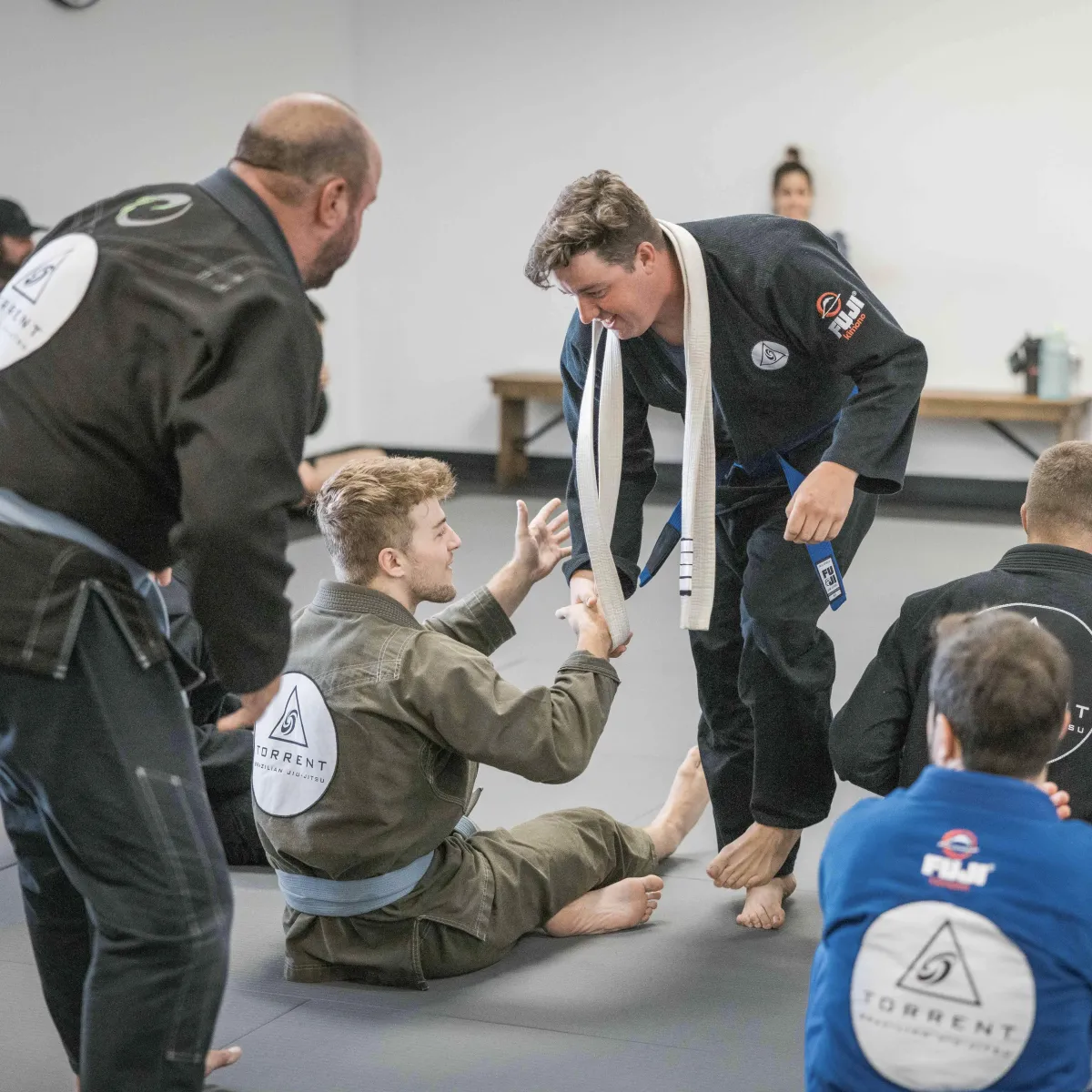
7 Things I Wish I Knew Before My First BJJ or Judo Class
Remember the nerves before your first martial arts class?
You’re standing there, barefoot, surrounded by people who look like they already know what they’re doing. Your brain’s racing: Am I doing this right? What if I mess up? What if I get hurt?
If that sounds familiar—you’re not alone. Every black belt once had that same “deer-in-the-headlights” moment. Starting BJJ or Judo can feel intimidating, but once you get past that first class, you’ll realize it’s one of the best decisions you’ve ever made.
Here are 7 things I wish I knew before my first BJJ or Judo class that would’ve saved me a lot of confusion (and a few awkward moments).
1. Everyone Feels Nervous (and That’s Okay)
Even the calmest-looking people in class were probably just as nervous on their first day. It’s totally normal to feel unsure or out of place.
The good news? Instructors expect that. They’ll guide you step-by-step, and your teammates will help you get comfortable on the mats. Within a few classes, you’ll find yourself laughing, learning, and realizing that no one’s judging you—they’re all cheering you on.
2. You Don’t Need to Be in Shape to Start
One of the biggest misconceptions about martial arts is that you need to “get fit first.” Nope! That’s like saying you need to learn how to swim before taking swimming lessons.
BJJ and Judo get you in shape. You’ll build strength, endurance, and flexibility as you train. Just go at your own pace—rest when you need to, hydrate often, and focus on showing up consistently. The fitness will come naturally.
3. Tapping Out Is Part of the Learning Process
The first time someone says, “Don’t forget to tap,” you might not fully get it. Tapping out simply means you’ve had enough—your partner applied a successful technique, and you’re signaling for them to stop.
It’s not losing. It’s learning.
Tapping shows respect for your partner and helps you stay safe. Every time you tap, you gain a better understanding of how a move works—and how to escape it next time.
4. Etiquette and Respect Go a Long Way
Martial arts aren’t just about techniques—they’re about culture. Things like bowing before class, keeping your uniform clean, trimming your nails, and being on time may seem small, but they reflect respect for your training partners and instructors.
This etiquette builds trust on the mats and creates an environment where everyone can learn safely and confidently. The more you give respect, the more you’ll receive it.
5. It’s Normal to Feel Lost at First
Your first few classes might feel like learning a foreign language. You’ll hear terms like uke, osoto gari, or shrimping and wonder if you accidentally joined a seafood seminar.
Don’t worry—everyone starts as a white belt, and confusion is part of the journey. Moves that seem impossible at first will click one day, and you’ll look back amazed at how far you’ve come.
6. Progress Is Slow but Incredibly Rewarding
In BJJ and Judo, progress doesn’t happen overnight. Belt promotions take time, but every small victory matters—surviving longer during sparring, remembering a technique, or simply showing up to class after a long day.
These small wins build discipline, confidence, and mental toughness. The key is consistency. Keep showing up, and you’ll improve faster than you think.
7. The Community Becomes Your Second Family
This is the part no one tells you about—but it’s what keeps people training for years.
Your teammates become your friends, motivators, and support system. You’ll sweat together, laugh at mistakes, and celebrate milestones side by side. Beyond fitness and self-defense, martial arts give you a sense of belonging that’s hard to find anywhere else.
Final Thoughts
Starting something new can be scary—but it’s also exciting. Whether it’s Brazilian Jiu-Jitsu or Judo, every class brings a new challenge and a new reason to be proud of yourself.
If you’ve been thinking about starting, there’s no better time than now. Everyone starts somewhere—come join us for a free trial class and discover how much fun learning can be.